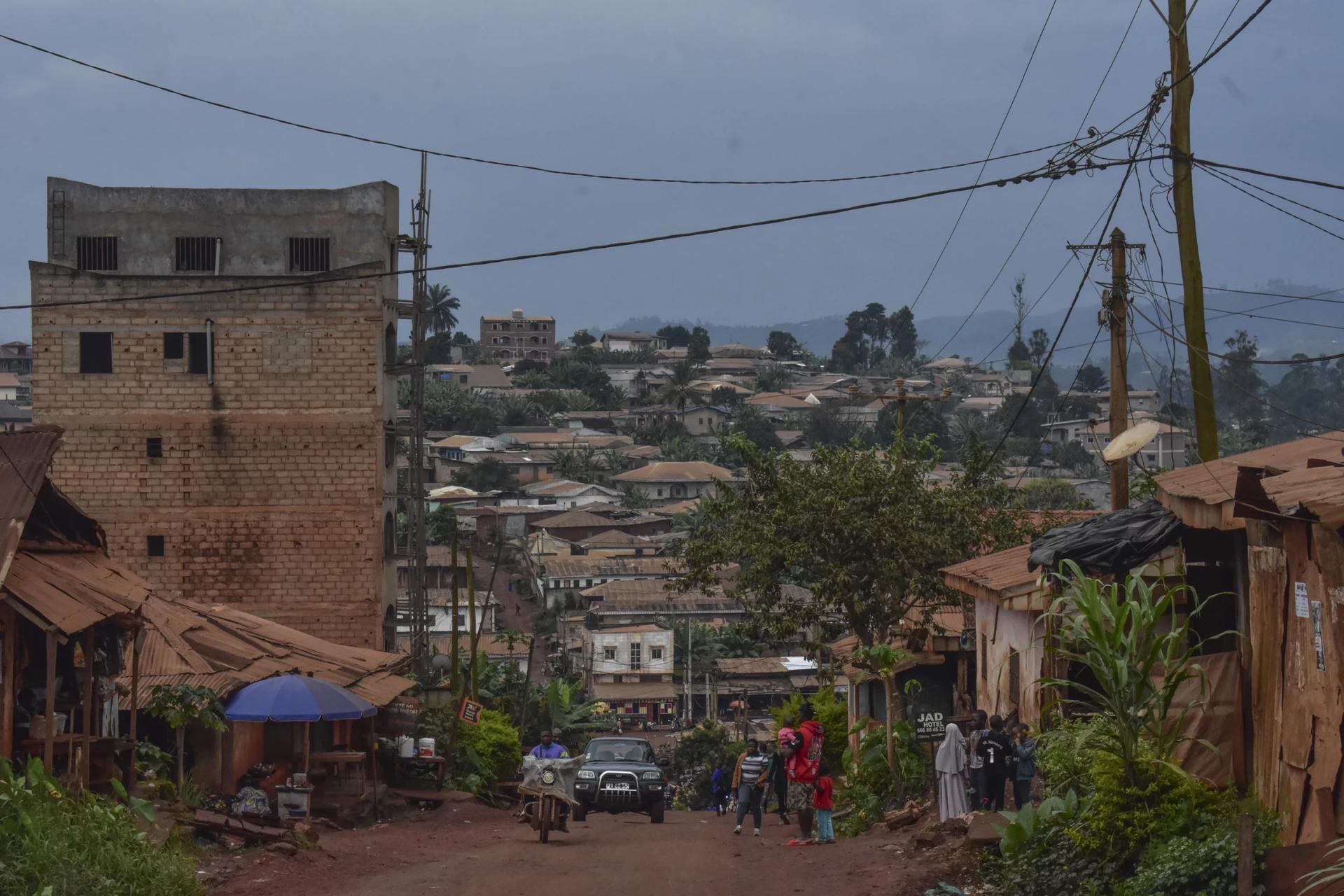YAOUNDÉ, Cameroon – A leading Cameroonian priest and intellectual, Father Humphrey Tatah Mbuy, says electing the right candidates during elections help in achieving one of the Church’s overarching goals: Building a community of love.
Speaking during his weekly sermons distributed on social media, Mbuy’s message comes at a critical time as Cameroonians prepare for the upcoming presidential election scheduled for October this year.
President Paul Biya who turned 92 on February 13 is likely to seek an 8th term in office. The world’s oldest head of state has been in power since 1982 when he took over from Cameroon’s first president.
But the president’s advanced age and failing health has raised concerns over his candidature. In any event, the ruling CPDM party candidate – whether it is Biya or not – could face a slew of opposition candidates, the most formidable being Prof. Maurice Kamto who has been endorsed by a coalition of 30 political parties known collectively as the Political Alliance for Change.
Kamto, who officially scored 14 percent of the vote in the 2018 disputed presidential election, is running on a campaign of extending health and education services and reducing the acute inequities in Cameroonian society.
With the October election expected to be an inflection point in Cameroon’s political journey, Mbuy said he believes the Church may be called to play a leading role in guiding the electorate towards making an informed choice.
“We must participate in politics because politics is one of the highest forms of charity because it seeks the common good and Christians, lay people, must work in politics,” he said, quoting Pope Francis when asked about how and what role the Church should play to ensure free and fair elections anywhere in the world.
“The role of the Church is to educate, to encourage, and to enlighten people about basic human values and moral principles involved in the process of registration, voting, counting of votes, and proclamation of elections thereafter,” the Cameroonian priest said.
He went down memory lane, explaining the contribution of the Church to the growth of democracy around the world – a history that reached a high point on April 2, 2004, when the Pontifical Council for Justice and Peace, then led by Cardinal Renato Martino, published a compendium of the Church’s social doctrine, endorsed by Pope Saint John Paul II.
The compendium encompasses the entire social teaching of the Church, guiding its actions in socio-economic and political matters.
Mbuy recalled that ahead of the UK’s 2024 general elections, the bishops of England used this compendium to create a Christian voter guide. Similarly, on March 28, 2022, the Bishops’ Conference of the Philippines issued a pastoral letter urging voters to consider the common good in the May 2022 general elections.
In the same way on August 24, 2018, the National Episcopal Conference of Cameroon addressed a pastoral letter on the presidential elections that came up that year.
And in May 2023, the Bishops’ Conference of Sierra Leone wrote a similar pastoral letter to guide the people about the elections which were to take place in June 2023.
“So, from north to south, east to west, it is common for conferences of Catholic bishops to address a pastoral letter to Christians and people of goodwill before and after elections,” Mbuy said.
Mbuy explained that a careful study of bishops’ letters about elections across Africa, Europe, Asia, and America typically reveals four common themes. The first theme, he said, is to educate people about their civic duty and moral obligation to vote. The second theme is a call for voters to choose candidates who can work for the common good. The third theme emphasizes the need for everyone involved in the electoral process, from registration to proclamation, to ensure that elections are free, fair, transparent, and honest. Lastly, the fourth theme is a plea and prayer for peace during, before, and after elections.
“The bishops usually write as pastors, as spiritual leaders and as moral guides to the people,” he said.
“Few, if any bishop at all, are interested in chaos, confusion and violence,” Mbuy said.
The priest said that citizens have “the right to know facts about the people from whom they have to choose one or more. Many citizens are hardly aware of their natural and civic right to register and cast their vote which matters. The Church has the obligation to educate them on the vital civic and moral duty.”
“The Church is and should always act as mother and teacher, martyr and magistrate because she has the moral obligation to lead society always towards that which is good, especially in free, transparent and fair elections,” he said.
“It is such free, fair and transparent elections, the cleric said, they will lead the Church to achieve one of its most cherished goals-building “communities of love,” Mbuy said.












